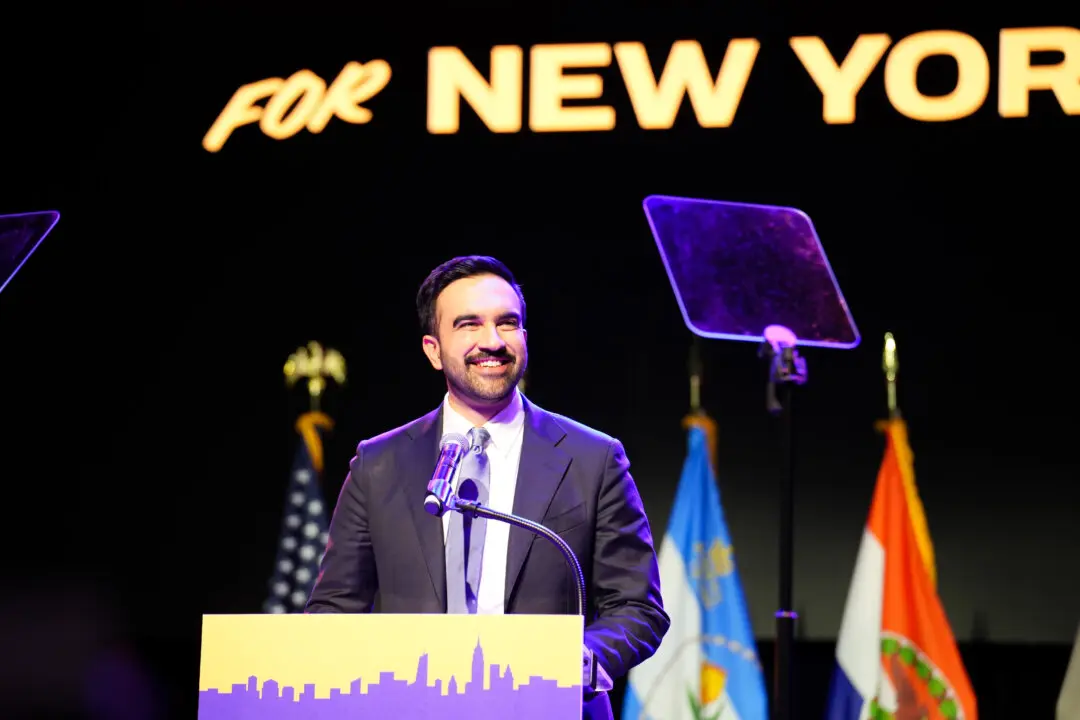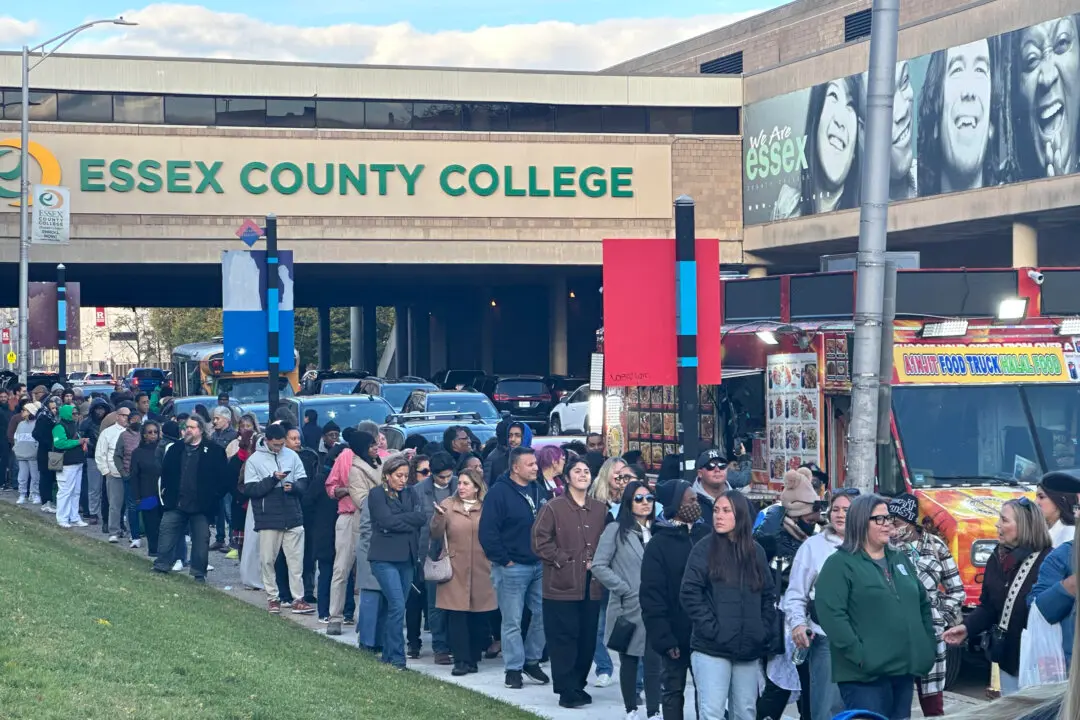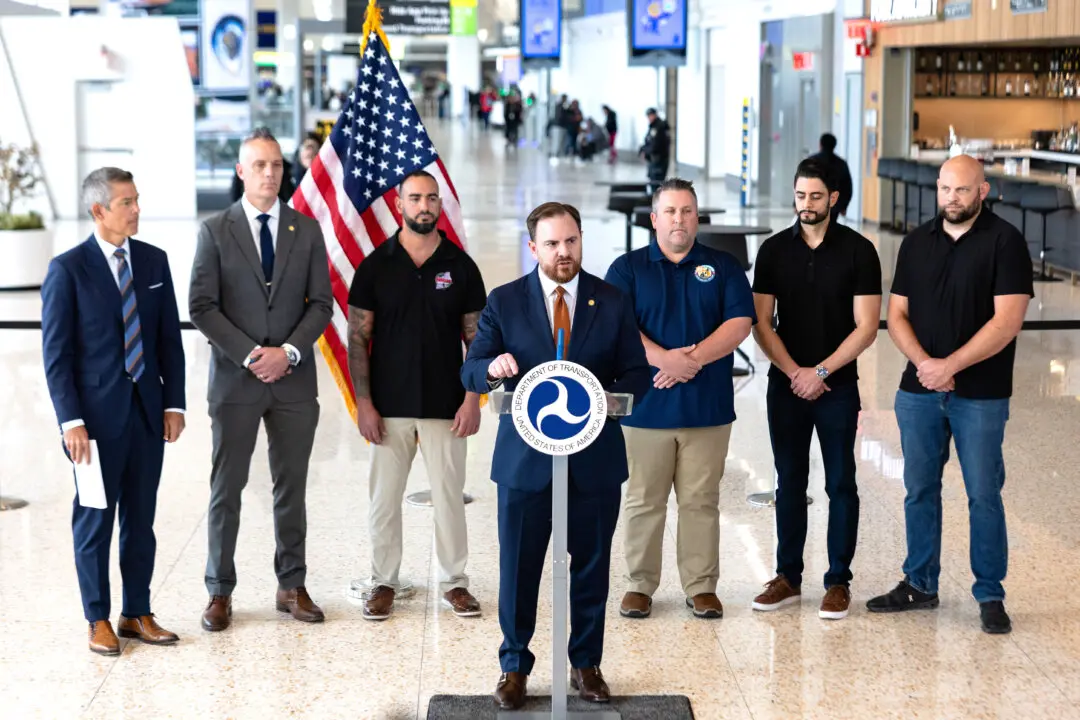Federal prosecutors in Brooklyn say they are considering the death penalty against an alleged Mexican drug lord in a wide-ranging case that involves the 1985 murder of a U.S. Drug Enforcement Administration (DEA) agent.
The 72-year-old Rafael Caro Quintero, sometimes referred to as RCQ or the “Narco of Narcos,” appeared in court on Wednesday to face charges that he allegedly continued a criminal enterprise over some 40 years, according to charging documents.





